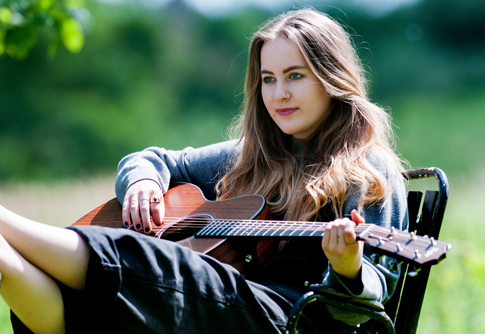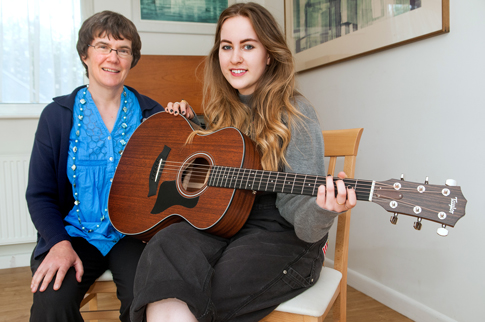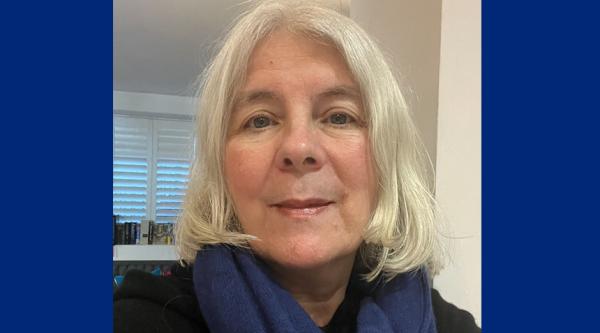A teenager speaks out about the strain of being a young carer
From the October/November 2016 issue of our magazine - the strain that young carers face often goes unrecognised, and it can have a serious impact.
We talk to a teenager who encourages young carers to seek help.

From age eight to 16, Charlotte Foley helped to care for three of her grandparents, two of whom had dementia. Charlotte's parents often worked away from home, and she took responsibility for cooking, cleaning, medication and personal care, while also providing emotional support.
This placed a great strain on Charlotte, now aged 18, and she developed her own health problems that still trouble her today.
'I was very good at hiding my emotions with smiles and laughter. I thought that bottling my emotions up and keeping them to myself was the right thing to do, as I didn't want to bother anyone.'
Charlotte, who lives in Wiltshire, found being a carer very challenging, especially the emotional aspect.
She says,
'Watching a loved one deteriorate while in your care is difficult – knowing there's nothing you can do to fix their illness and all you can do is help as much as possible to make their life easier.'
'Trying to be at school while worrying about my grandma at home was particularly difficult.'
Mental strain
'I suffered from lots of mental health problems and developed severe clinical depression. I began self-harming at the age of 11 as a way of trying to cope.
'It can become very isolating and lonely being a carer, committing yourself to caring 24/7 for someone and not having any time to see your friends. I isolated myself completely from everyone, especially when my depression was at its worst.
'I was always exhausted and under a lot of pressure from waking up early and getting myself and my grandma ready, sending her to day care, going to school for a long day of lessons, then coming home to look after her for the rest of the evening until I went to bed.'
She is also keen to fight stigma about mental health problems, and to raise awareness of both the effects of dementia and the impact it can have on carers. She says,
'It took me a long time to realise I was a young carer. If I had known that other people were going through the same thing, it would have reassured me that I wasn't alone.
'I also think it's crucial that other people understand what carers do, so that all of the "hidden" young carers are able to get the support they need.'

Speaking up
Charlotte says it is easy for carers to overlook the importance of taking care of themselves in addition to the person with dementia. Her advice to anyone going through an experience like hers is to let their struggles be known.
'There's nothing worse than hiding something like this from everyone around you.'
She says,
'To this day, I don't think even close friends and family knew quite what was happening at home.'
Using music
She says,
'It was one of the most eye-opening experiences of my life. It was amazing to see the young people able to take time out for themselves to just have fun and be a child, which is something you don't have much time to do when you're caring for someone.
'It was also great to spend time with a group of people who understood and were able to support one another. We were able to discuss our caring roles and express ourselves through music and song-writing with the help of the incredible team from Bath.'
Charlotte has since performed the song several times at international arts festivals and concerts. Another song, Fractured rainbow, is about her late grandad, who also had Alzheimer's. She says,
'I believe that music really connects people and can change lives. I want to be able to help and inspire people through my music.
'I'm not someone who likes to write soppy love songs, as that's not what my life so far has been about. I want to create music that will really connect the listener and spread the word about topics that people don't often talk about.'
Positives
Charlotte is philosophical about her experiences as she seeks to draw on the positives of her story.
She says,
'Being a carer isn't a choice, it just happens – but I wouldn't change any of it. It's been a part of me and made me who I am today.
'I was made to grow up very quickly from a young age, which made me miss out on a lot of your average childhood things. But being a carer has helped me develop into a more understanding and patient individual.'







